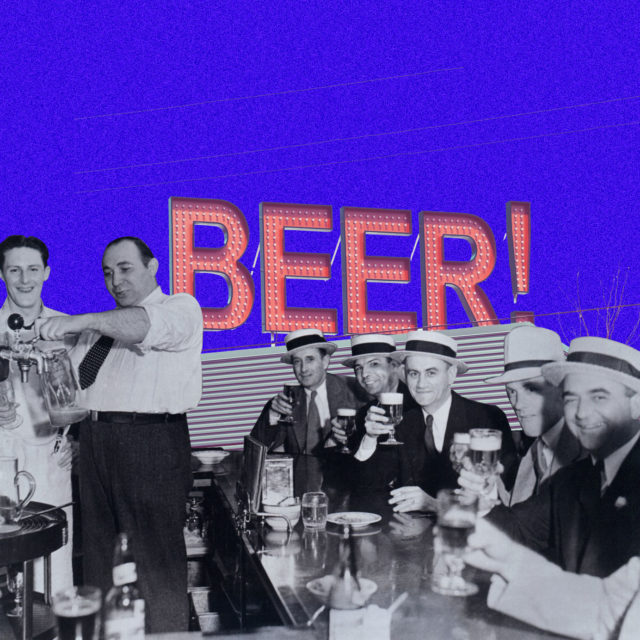Americans have a unique relationship with alcohol. For 13 years, from 1920 to 1933, we weren’t allowed to drink it. More than 1,000 American breweries folded as a result.
However, a handful of breweries found clever ways to stick it out, shifting gears (sometimes literally) to produce other products. From “near beer” to dairy to amphibious vehicles, here’s how eight American breweries survived Prohibition.
ANHEUSER-BUSCH
St. Louis, MO
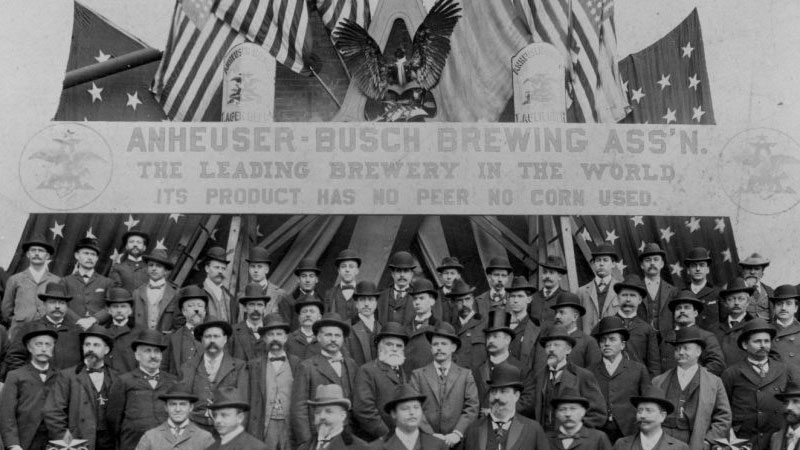
At Anheuser-Busch, experimentation with boozeless beverages began as early as 1908. Its first foray into near-beer was a non-alcoholic, cereal-based beverage called Bevo that launched in 1916. Although initially successful, Bevo later “cratered with the rest of the near beer market,” History.com reports.
A-B then pivoted to dozens of other products, including Budweiser malt extract, a carbonated coffee and tea brand called Kaffo and Buschtee, and other food products, including frozen eggs, infant formula, and ice cream.
A-B didn’t give up on Bevo entirely, though. Its automotive branch launched the Bevo Victory Boat, an amphibious vehicle used by the Army and Navy during World War II. It also released a camper that fit atop a Ford chassis. And, in a traitorous move, it produced police vans used to pick up illegal booze producers and distributors.
MILLER
Milwaukee, WI
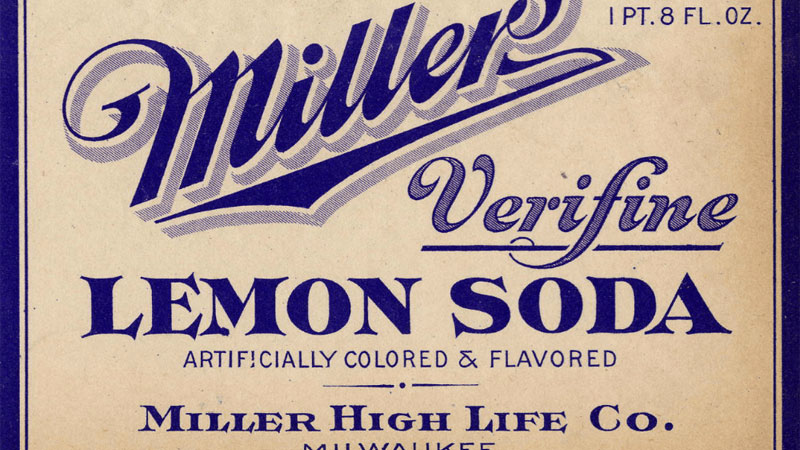
During Prohibition, Miller made malted milk and malt syrup, a near-beer called Vivo, and soft drinks, including Miller Verifine Lemon Soda.
In 1925, Miller tried to sell its brewery and failed. It instead sold some of its pubs, allowing it to survive – but just barely.
COORS
Golden, CO
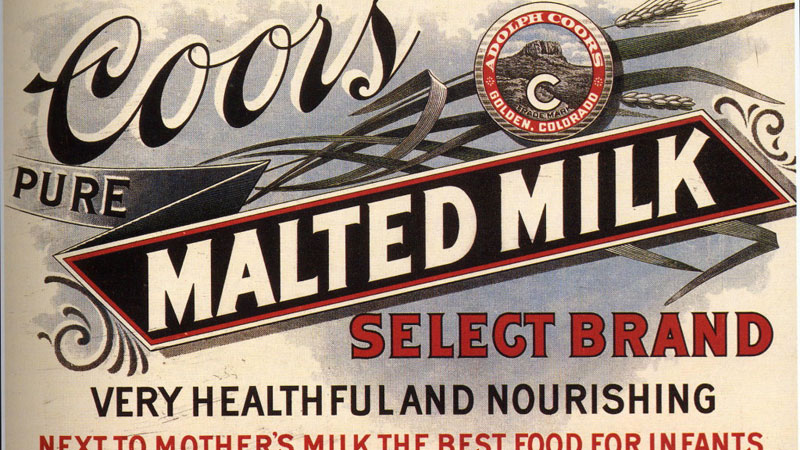
Colorado beer sales were banned in 1916, so Coors Brewing, founded in 1873, had to get creative early. It sold malted milk to soda fountain and candy companies and advertised it as infant formula.
Thanks to a nearby natural resource, clay, Coors also dug into the ceramics business, producing tea sets, dinnerware, spark plugs, and lab equipment under The Coors Porcelain Company. Its labware was used by Thomas Edison. The company still exists today as CoorsTek.
PABST
Milwaukee, WI
Pabst Brewing Company, founded in 1844 by Jacob Best and later named after Frederick Pabst in 1889, spent its dry years making malt extract and Pabst-ett, a processed cheese spread. The cheese brand was sold to Kraft in 1933.
Pabst also acquired a soft drink company and leased space to another American classic: Harley-Davidson.
Stroh Brewery, founded in 1850 in Detroit and now a subsidiary of Pabst, produced ice cream. Stroh’s Ice Cream is still available today, although it’s owned and distributed by Dean Foods of Dallas.
YUENGLING
Pottsville, PA
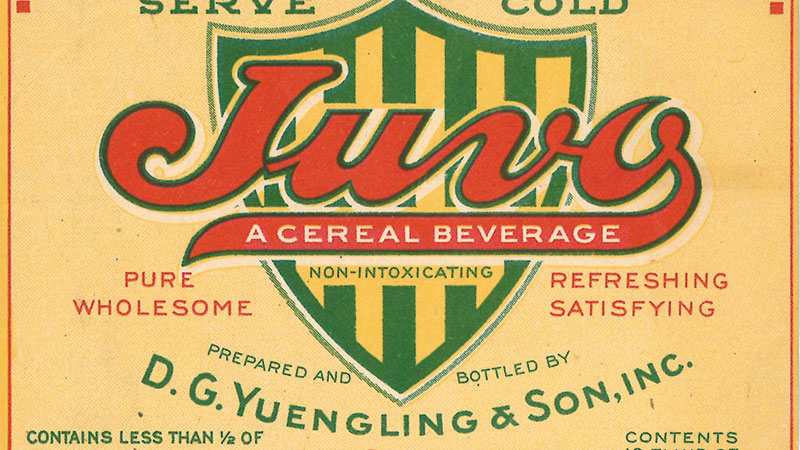
D.G. Yuengling & Son, America’s oldest brewery, had the nearly-century-old wisdom to create a product loved by young and old alike: ice cream. The Yuengling Dairy Products Corporation was in operation across the street until 1985. In 2014, the Yuengling’s Ice Cream brand came back. It’s still available today.
SARANAC
Utica, NY
F.X. Matt Brewing Company’s Saranac Brewery produced near-beer and tonics, including Utica Club Ginger Ale.
SCHELL
New Ulm, MN
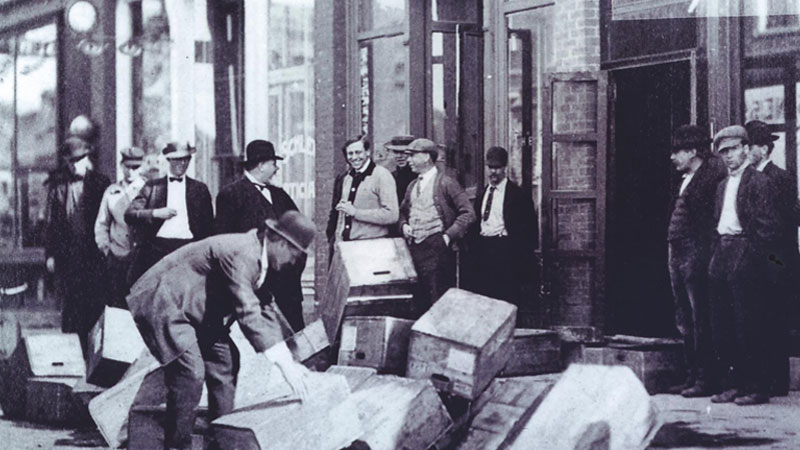
Brewing beer since 1860, August Schell Brewing Company sustained itself on near-beer, soft drinks, and candy to keep the lights on during Prohibition. Schell also ran a secret brewery in the basement “for the workers to keep their sanity,” Schell’s brewery history says.
MINHAS
Monroe, WI
Minhas Brewing Company, founded in 1845 and currently the 13th-largest independent brewing company in the U.S., distributed case tractors, separators, silo fillers, and road machinery as the Blumer Products Company.
